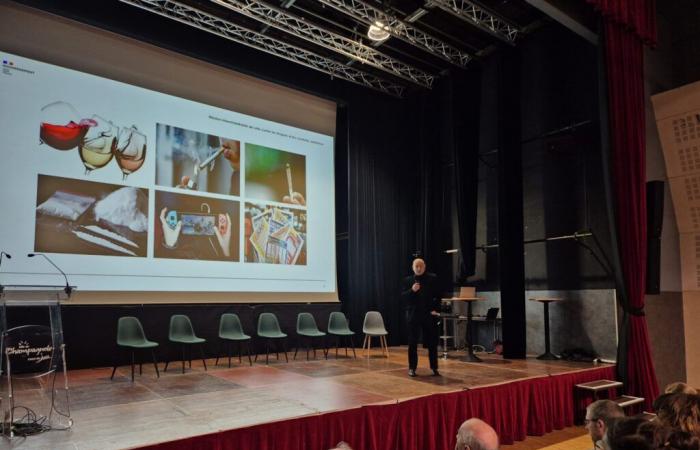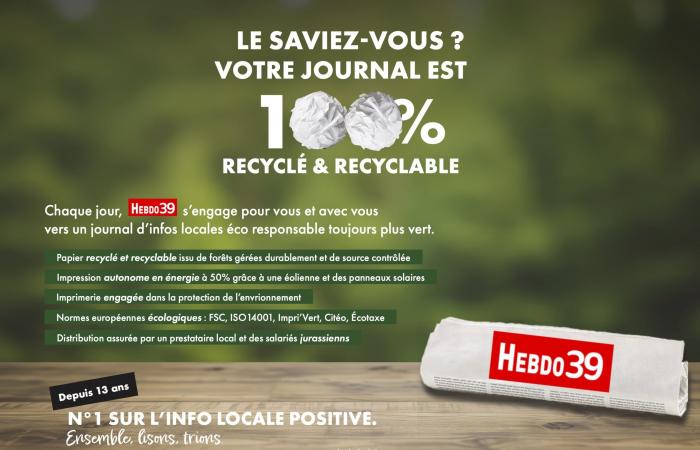The day began with an official opening, provided by Emma Gay-Bonniot, representative of ARS Bourgogne-Franche-Comté. She praised the local initiatives and the rigorous management of the programs carried out, highlighting the key role of Local Health Contracts in the prevention of addictions and the development of psychosocial skills.
Managing a demanding program
Edith Ruefly, facilitator of the Local Health Contract for the APS and CNJ communities, shared the challenges and successes of the MILDECA program:
“It is a program financed by MILDECA over three years. We have trained 110 professionals in the development of psychosocial skills, thus reaching nearly 2,000 children. We have also formed a network of 70 relay actors trained in addictions, and organized actions such as No Tobacco Month involving young people and employees. This program ended almost to date, after rigorous monitoring with two co-pilots each year. » She also stressed the importance of local and national coordination to carry out these complex projects: “These actions demonstrate that the field has a crucial role to play in the prevention of addictions, but they could not see the light of day without funding like that of MILDECA. »
A national spotlight on addictions
David Weinberger, associate researcher at IRIS and co-director of the Observatory of International Crimes, offered an enlightening analysis of the issues linked to addictions in France with a focus on the Jura. Research project manager at MILDECA, he drew up an inventory of the most consumed substances, starting with alcohol and tobacco, responsible for 45,000 deaths annually, before tackling illicit drugs such as cannabis, cocaine and ecstasy, clearly increasing.
He also warned about emerging addictions, particularly those linked to screens and online gambling, emphasizing their growing impact among young people. “ Addiction is a combination of a product, a person and a context », he recalled, emphasizing the need for appropriate prevention and better regulation.
His intervention highlighted the importance of local actions, while calling for collective awareness of cultural practices, such as the trivialization of alcohol among young people, and for strengthening efforts to limit the availability of substances. addictive.
The link between psychosocial skills and prevention
The morning continued with the intervention of Julien Masson, professor of educational sciences. He explored the role of psychosocial skills in preventing risky behaviors among young people. He stressed that children and adolescents trained in these skills are better equipped to face social pressures and avoid addictions.
A field program serving residents
Since 2021, the MILDECA program has enabled the training of 110 childhood and early childhood professionals in the development of psychosocial skills, thus reaching nearly 2,000 children. A network of 70 relay actors was also set up to promote referral to care for people suffering from addiction. Finally, collective actions, such as the “No Tobacco Month” challenges, involved various audiences, including young people and employees in integration.
The day concluded with a round table on local practices and testimonies from the professionals involved, followed by a summary by Emma Gay-Bonniot.
This conference marks the end of a three-year program full of initiatives. However, as the speakers recalled, the fight against addictions remains a long-term project, requiring constant efforts and adaptation to changes in behavior.
B.B









